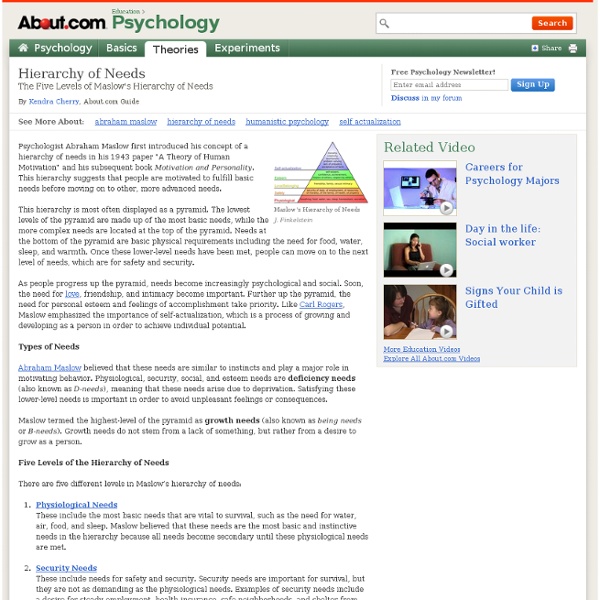Just Culture
An active safety culture can be considered as the heart that is vital to the continuing success of an SMS - it gives the dynamic energy needed to ensure that the system will provide a continuous cycle of improvement as intended. This can only be developed by leadership, commitment and setting a good example. Safety culture can be seen as: What people at all levels in an organisation do and say when their commitment to safety is not being scrutinised. Accountable managers and nominated postholders should take a leading role in developing an active safety culture within their organisation, so that SMS becomes an integral part of the management and work practices of the organization - the way we do things round here. Dr James Reason has suggested that safety culture consists of five elements: An informed cultureA reporting cultureA learning cultureA just cultureA flexible culture A learning culture means that an organization is able to learn from its mistakes and make changes.
What is Religion? Definitions and Quotes
25.2KGoogle + What is the Definition of Religion? The question is not easy to answer. As St. The groups, practices and systems that people identify as "religions" are so diverse that it is no easy task to bring them all under one simple definition. "Religion: A general term used... to designate all concepts concerning the belief in god(s) and goddess(es) as well as other spiritual beings or transcendental ultimate concerns." ~ Penguin Dictionary of Religions (1997). "Religion: Relation of human beings to God or the gods or to whatever they consider sacred or, in some cases, merely supernatural." ~ Britannica Concise Encyclopedia (online, 2006) "Religion: Human beings' relation to that which they regard as holy, sacred, spiritual, or divine." ~ Encyclopædia Britannica (online, 2006) "The religious response is a response to experience and is coloured by the wish to provide a wider context for a fragile, short and turbulent life "One's religion is whatever he is most interested in."
Locus of control
In personality psychology, locus of control refers to the extent to which individuals believe that they can control events that affect them. Understanding of the concept was developed by Julian B. Rotter in 1954, and has since become an aspect of personality studies. A person's "locus" (Latin for "place" or "location") is conceptualized as either internal (the person believes they can control their life) or external (meaning they believe that their decisions and life are controlled by environmental factors which they cannot influence, or by chance or fate).[1] Individuals with a high internal locus of control believe that events in their life derive primarily from their own actions: for example, when receiving test results, people with an internal locus of control would tend to praise or blame themselves and their abilities, whereas people with an external locus of control would tend to praise or blame an external factor such as the teacher or the test.[2] History[edit] Applications[edit]
Truth in American Education
The 7 Psychological Principles of Scams: Protect Yourself by Learning the Techniques
How hustlers trick 3.2 million people each year in the UK into handing over £3.5 billion. Good hustlers are excellent intuitive psychologists. Just like magicians they understand enough about how the mind works to exploit its vulnerabilities. Our fascination with hustlers is insatiable and, despite being criminals, they are frequently portrayed by Hollywood in a flattering light, in films like The Sting, Catch Me If You Can and the Ocean’s Eleven trilogy. Of course the reality is nowhere near as romantic, especially if you’ve fallen for one of the cons. Frank Stajano, a security expert at Cambridge University, has been working with Paul Wilson, a scam artist and author of BBC TV’s The Real Hustle to identify the 7 major psychological principles used in short cons to part people from their cash (Stajano & Wilson, 2009; PDF, 308K). 1. Attention is like spotlight, which means when it’s pointing in one direction it pretty much ignores everything else. 2. 3. 4. Fear is the mind-killer. 5. 6. 7.
Let’s Abolish Central Banks! - Coordination Problem
Central banks and their monopoly on notes issuance have been around for quite a while. The Bank of England, perhaps the oldest institution of its kind, was established at the end of the 17th century. La Banque de France was established in 1800 by Napoleon to help him, among other things, finance his military conquests. The Federal Reserve System was established in 1913 to help avoid bank runs and panics and "to furnish an elastic currency, to afford means of rediscounting commercial paper, to establish a more effective supervision of banking in the United States, and for other purposes" (the latter includes striking a balance between private interests of banks and the centralized responsibility of government). The Reserve Bank of New Zealand (deemed one of the best central banks in the last twenty years) was established in 1934. Overall, as many have argued, including Milton Friedman, central banks’ track record in the last two hundred years has been pretty abysmal.
The Key Elements of Organisational Change
I've been doing some research recently around organisational change and innovation (can you tell?) and as part of that came across this simple model (from Knoster, Villa and Thousand) detailing in straightforward terms five key elements that are required to achieve change: vision, skills, incentives, resources, and an action plan. The vision, central to the direction and goal-setting, requires skills to realise, incentives to aid adoption, momentum and motivation, and adequate resources to fulfil it. The action plan runs as a consistent guiding foundation throughout the process of change. And something I particularly liked - the model also rather neatly reveals what happens if one of these key elements is missing. (I couldn't find the original on the web to link to but the source of this model is: Knoster T, Villa R, & Thousand J. (2000).
Stellar House Publishing | Home



